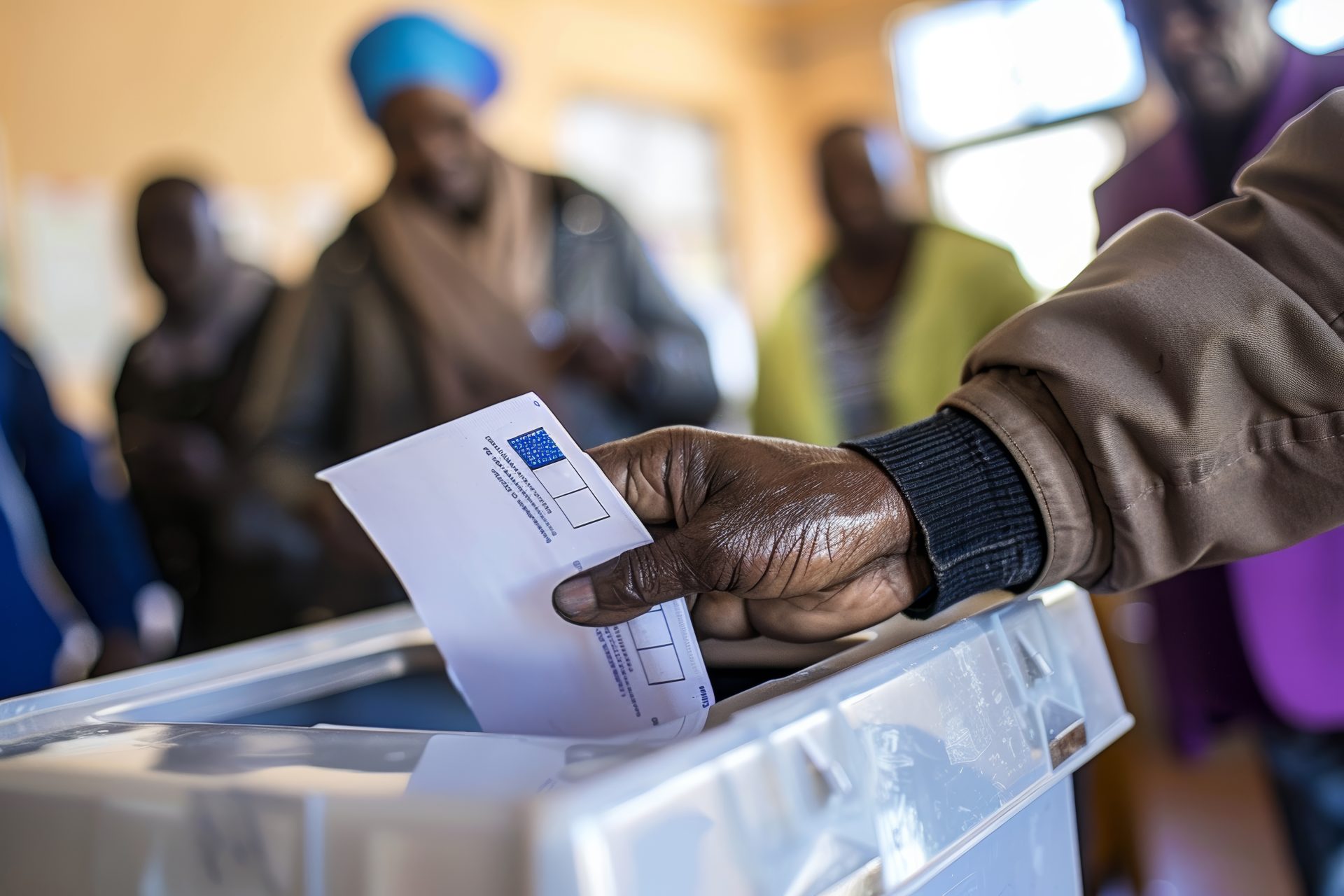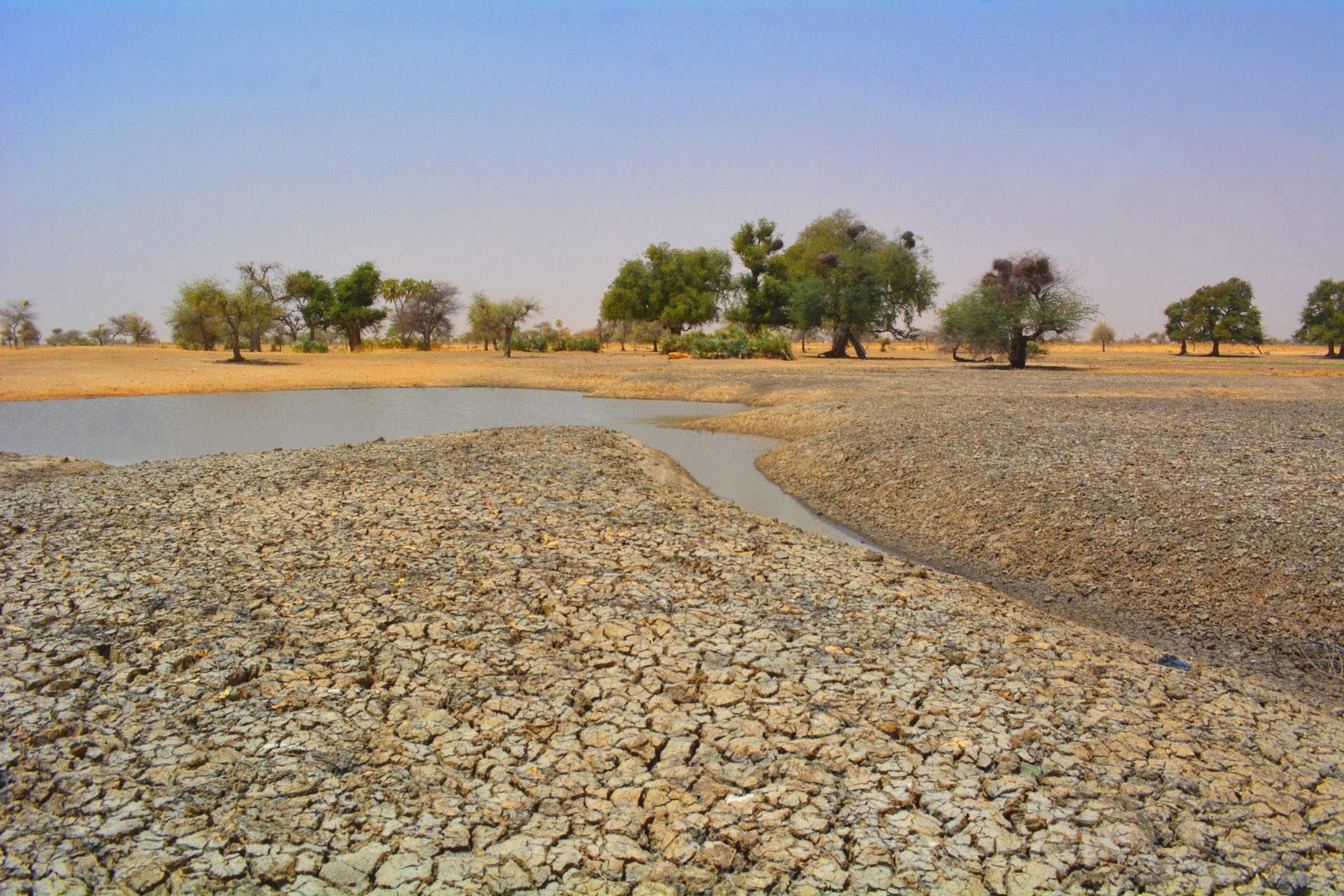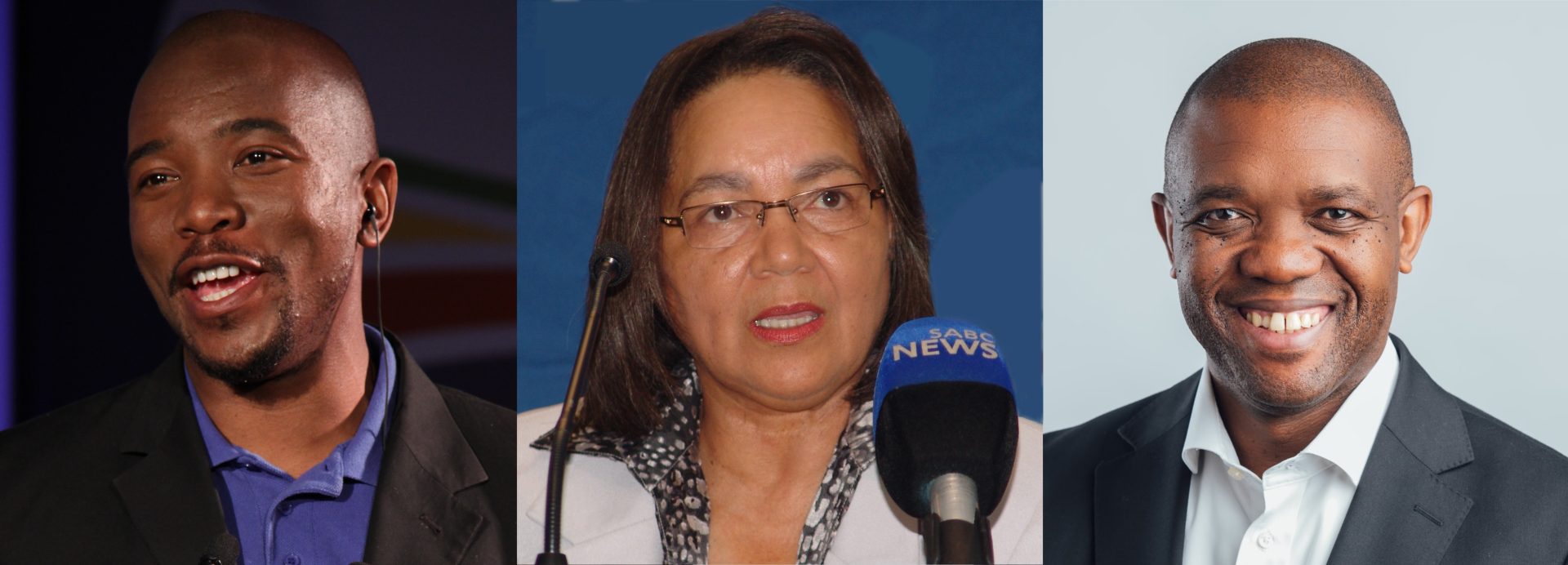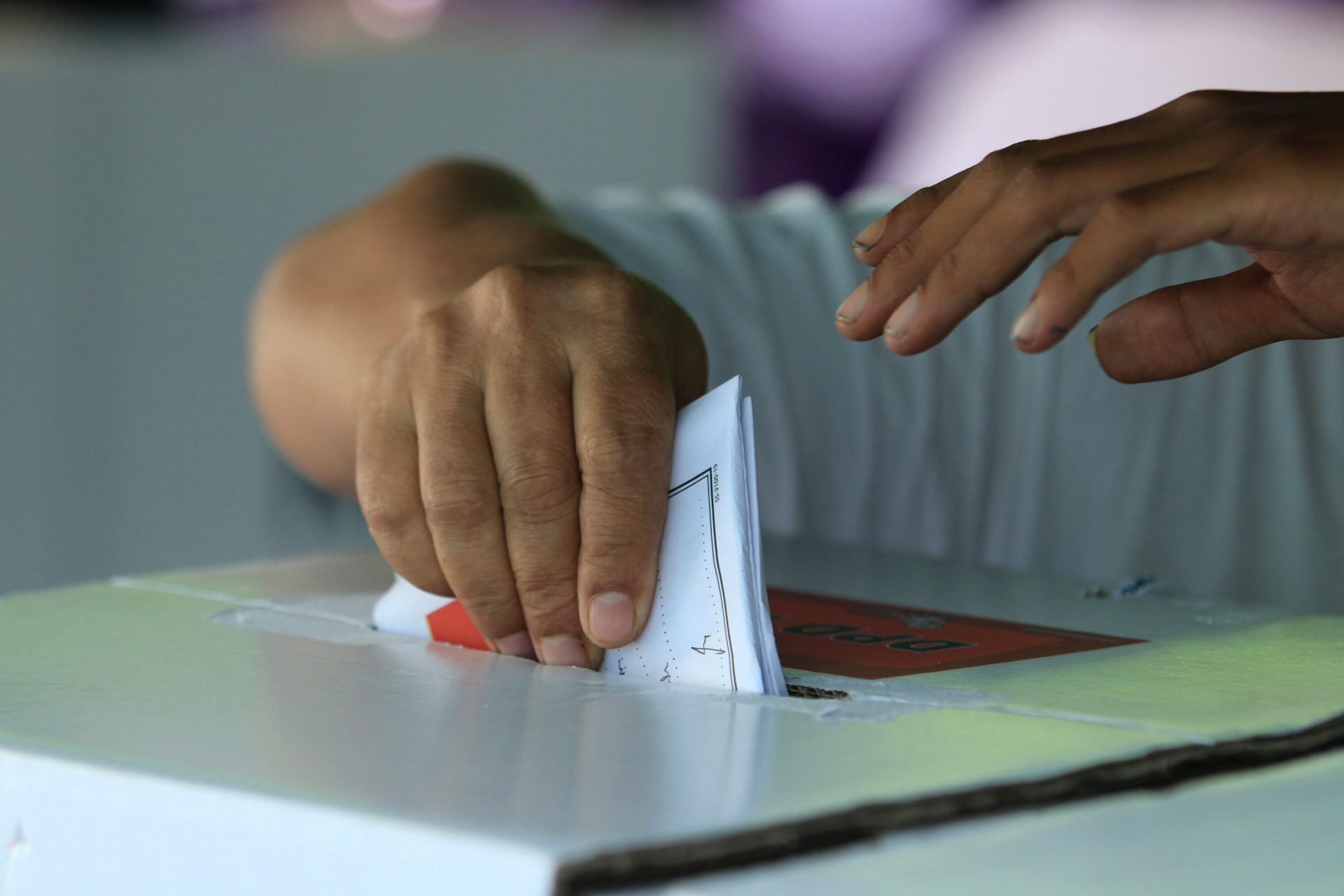This October we begin the edition with an article from Cedric de Coning about the role of Artificial Intelligence (AI) in peace building. While AI is already playing a role in conflict settings and it undoubtedly can assist in synthesising large chunks of information and data, the impartiality of AI tools should not be taken for granted. AI is not free of the biases of the people who created it, nor those that exist in the data that it has been trained on. While AI has a role to play it cannot replace the importance of human involvement in peace making processes.
This is followed by an article from Abraham Ename Minko who writes about the impact that climate change has had on the conflict in northern Nigeria. Climate change is recognised as a threat multiplier, and as environmental conditions have changed around the Lake Chad Basin, so clashes between farmers and pastoralist herders have increased, to the point where these conflicts claim more lives than violent extremism in the area. Climate change, the lack of economic opportunities and the weak presence of the state has also provided fertile ground for recruitment by Boko Haram and the Islamic State West Africa Province.
Boikanyo Nkwatle has written the next article on pre-electoral coalitions in South Africa after the recent launch of United for Change (UFC). UFC, an alliance between Build One South Africa (BOSA), the GOOD Party and Rise Mzansi, is the latest attempt at forming an alliance in South Africa ahead of the local government elections in 2026. In the past, these alliances have not been successful, but the large number of political parties in the country and opinion polls suggesting a public appetite for such alliances, could result in such alliances becoming more viable options in the future.
Finally, Katharine Bebington writes about three elections that have taken place in Africa this October. Cameroon, Cote d’Ivoire and Tanzania have all gone to the polls this month, but each of their elections have been marred by issues of intimidation of opposition figures, accusations of human rights abuses and, in the case of Cameroon and Cote d’Ivoire, the extension of term limits. These elections offer an opportunity to take stock of the strength of democracy and democratic principles in these states and Africa as a whole.







